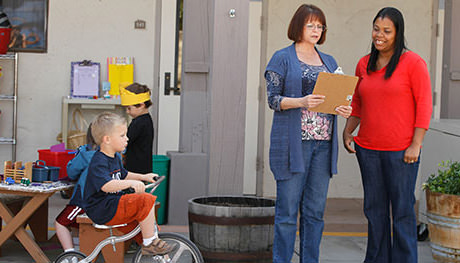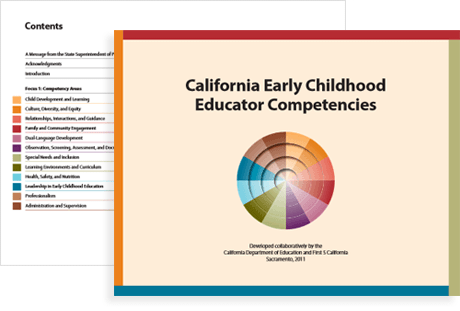Action is the test of what you know and can do. It is where you see the results of reflection and self-assessment. The CompSAT protocol, Keys to Reflection and Inquiry, is designed to help you formulate good questions, pursue inquiry, and take action to improve your daily practice. The results of your actions provide evidence of your professional growth, and hopefully, spur you on to generate more questions and take further action. Action and reflection are essential to the processes of growth and change.

How can you change my view of children who challenge me?
Lisa Delpit sometimes asks teachers to identify the children in her group whose behaviors cause problems. She asks them to list the behaviors. Then she asks the teachers to look at those behaviors to see if they can be redefined as strengths, or if they can find other strengths in those children.
— Sokolower, J. (2012)
Use this template to record your observations, thoughts, and feelings. Download the Template
Deepen your understanding of the Topics in Performance Area 3: Strategies for socialization and guidance in the CA ECE Competencies. Scroll to pages 35 and 36.
Can you find other places in this competency area that address your interests and needs?
